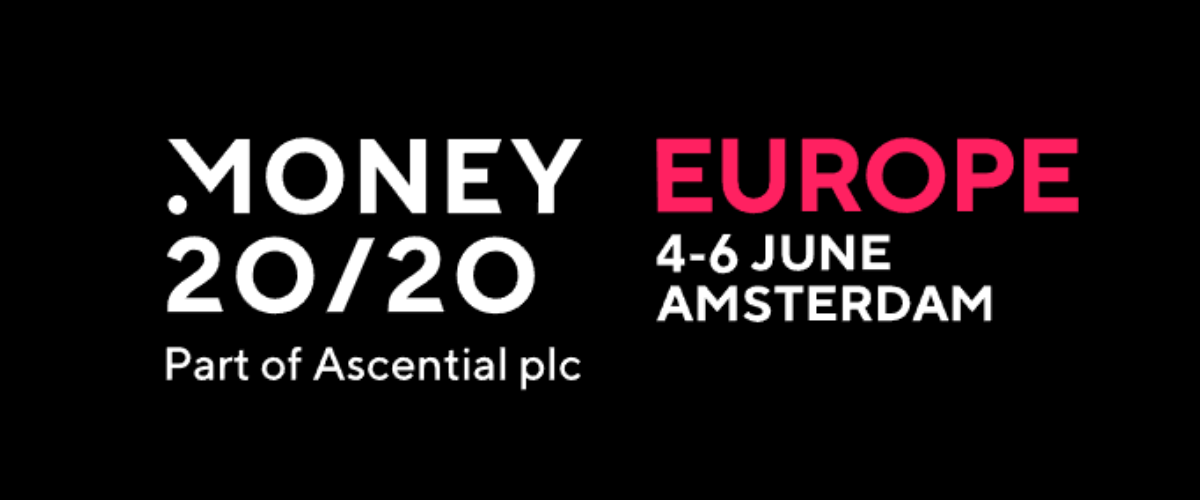And we’re kicking off the week with new analysis and opinions on FTX collapse & crypto future from now on, ESG framework, open banking, and more. Dive into the latest fintech insights and have a great start of the week!
The crash and burn of FTX: What lessons does it teach us? (Forkast)
As FTX victims and creditors sift through the pieces, how much of this blowup should regulators have seen coming — and could it happen again? Crypto was having a tumultuous season, but seeing household name FTX fall still came as a surprise to many. Crypto assets are dangerous, we’ve been hearing that from authorities for a good while now. It’s said that the crypto industry is insufficiently supervised. Public opinion and regulators have been claiming that crypto is not secure. So why did no one act decisively and intervene? Was the FCA making the statement for the sake of making it because it sounds about right, or maybe because British policymakers don’t actually know what to do? Like how we sometimes put off tasks we find hard to do? Whatever the case may be, no effective intervention ensued. Read more
As cyber attacks increase, here’s how CEOs can improve cyber resilience (World Economic Forum)
Unprecedented digitalization in our society has pushed many business leaders and executives to understand how they can adequately assess and govern cyber risk. Governing cyber risk is a holistic process aiming to improve organizational cyber resilience. In this context, governments define cyber resilience obligations, designate critical infrastructure that requires mandatory protection and help investors better compare their companies’ cyber efforts. Successfully managing cyber resilience is necessary as organizations and executives face fines and other serious consequences. Potential repercussions mean board members must understand cyber risks and the best ways to mitigate them. This is easier said than done. Ninety-three percent of companies are confident in their best practices mitigating cyber risks, while 57% expect to be hit by a cyber attack. Unfortunately, only half of these organizations have implemented suitable cyber measures. Read more
Network tokenisation is innovating the payments experience (Fintech Magazine)
The global economy is in the midst of a digital payment revolution. Accelerated by the effects of COVID-19, the pandemic pushed many consumers from cash to using digital and contactless payment options for the first time. Nowhere else has unprecedented and unforeseen growth occurred as in the digital and ecommerce sectors, especially businesses within industries that rely heavily on digital transactions such as retail, restaurants, banking and insurance. In fact, over 82% of Americans currently use digital payments according to McKinsey, making the demand for a faster, easier and safer payments experience to rise significantly. Read more
How an armed conflict is destabilizing cyberspace for us all (CyberPeace Institute)
Beyond land, sea and air, armed conflicts are increasingly being waged in outer space, the information space and cyberspace. The borderless nature of these domains has changed how an armed conflict between countries may have an impact beyond the military objectives of those parties. The military invasion of Ukraine in February 2022, preceded by a series of cyberattacks affecting Ukrainian public institutions and organizations, set the scene for what is today a war fought both online and on the ground. Attacks and operations, deployed in cyberspace in the context of the war between the Russian Federation and Ukraine, have destabilized cyberspace and threatened the safe, secure and trusted use of technology. The attack on ViaSat’s KA-SAT satellite network, reportedly intended to hit aspects of military command and control in Ukraine, resulted in the major loss of internet communication for users across Europe and impacted a German energy company, which lost remote monitoring access to over 5,800 wind turbines. Both this attack and other data-wiping malware deployed during the conflict have been attributed to highly sophisticated nation-state players. Read more
Embedded finance arms race intensifies as banks eye opportunity (EuroMoney)
The early dominance of embedded finance and banking-as-a-service by fintechs is now being challenged by established financial institutions. Publicis Sapient’s recently forecast that embedded-finance revenues would increase by more than 40% annually through to 2025. Unsurprisingly, therefore, banking groups are now increasing their focus on providing these third-party services. According to banking technology provider BankFi, there is a war waging for who – or perhaps even what – will be the ‘front door’ for the digital services required to run a business. Read more
–
Do you have any news to share: please put feed@hollandfintech.com on your press list.
Curious to read and find out more from fintech? Then subscribe & read our full newsletters here. Stay tuned for more insights following up this week regarding news piece.



